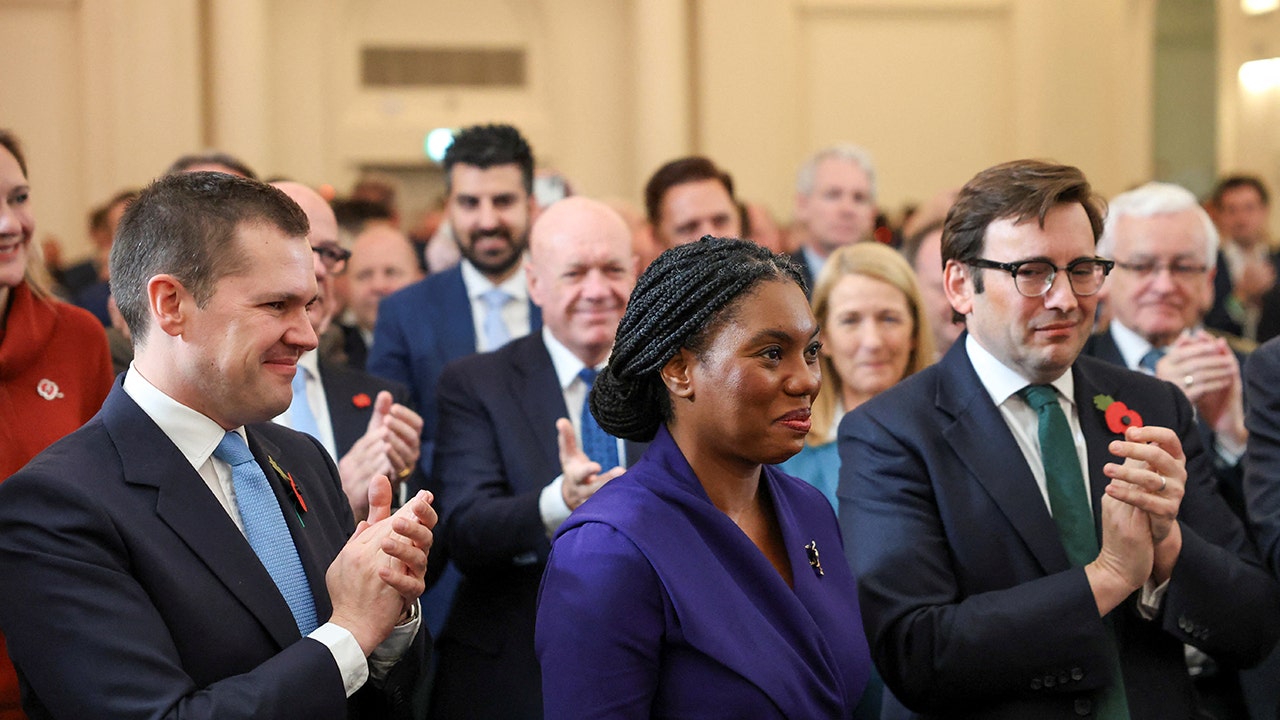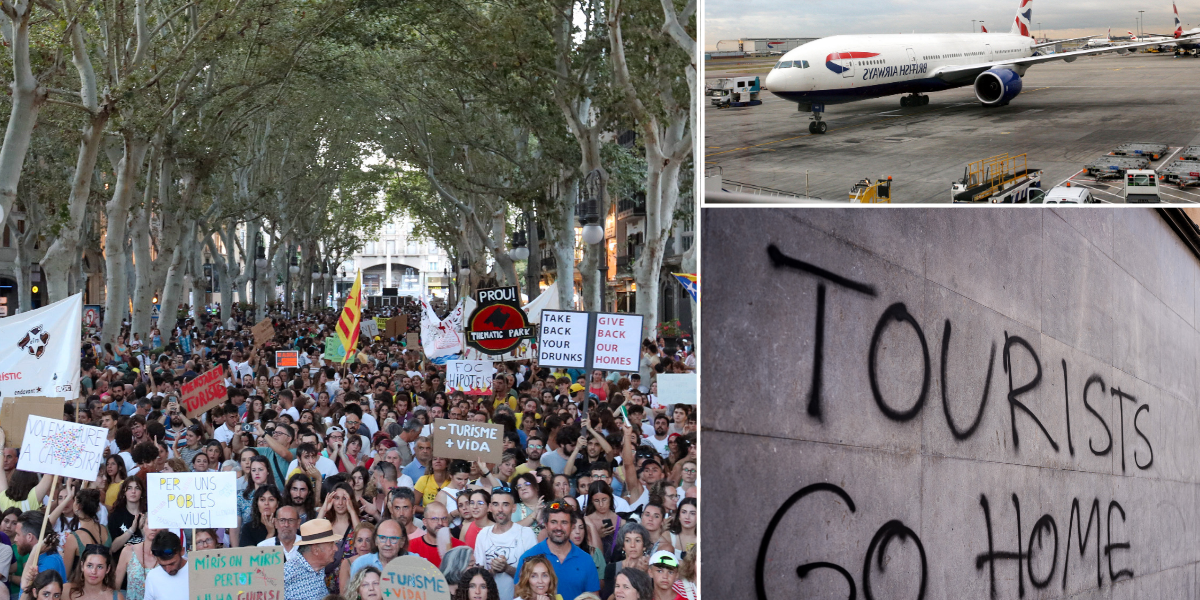Chancellor Olaf Scholz announced early elections in Germany after dismissing Finance Minister Christian Lindner. The move led to the collapse of the ruling coalition. Scholz’s decision came after months of disagreements over economic policies and budget issues.
The coalition, formed in 2021, consisted of Scholz’s Social Democrats, the Greens, and Lindner’s Free Democrats. Their differences became insurmountable as Germany faced economic challenges. The country’s economy shrank by 0.3% in 2023 and is expected to contract again in 2024.
Scholz accused Lindner of prioritizing party interests over national needs. He claimed Lindner obstructed legislation and hindered economic progress. Lindner, known for his fiscal conservatism, opposed violating constitutional debt limits.
The political crisis coincides with Donald Trump’s election as U.S. President. It also comes amid ongoing efforts to coordinate European responses to various global issues. These include potential new U.S. tariffs, Russia’s conflict in Ukraine, and NATO’s future.
Germany now faces a period of uncertainty. Scholz plans to lead a minority government with his Social Democrats and the Greens. He will seek ad hoc parliamentary support to pass laws. A confidence vote is scheduled for January 15, 2025.
If the confidence vote fails, elections could be held as early as March 2025. This political upheaval may benefit populist groups like the far-right Alternative for Germany (AfD). Traditional parties risk losing support as voters grow disillusioned with the current system.
German Chancellor Calls Snap Election as Coalition Crumbles
The German economy faces several challenges. These include an aging population, increased competition from China, and a complex green transition. Some German companies are turning to foreign buyers or shifting investments abroad in response.
Despite current difficulties, there is some optimism for the future. The government predicts a return to growth in 2025, with GDP expected to increase by 1.1%. Inflation is also projected to fall to 2.2% in 2024 from 5.9% in 2023.
The outcome of this political crisis will have significant implications. It will affect not only Germany’s domestic affairs but also the broader European and global political landscape. As Europe’s largest economy, Germany’s stability is crucial for the entire region.

 By The Rio Times | Created at 2024-11-07 14:24:13 | Updated at 2024-11-07 16:33:27
2 hours ago
By The Rio Times | Created at 2024-11-07 14:24:13 | Updated at 2024-11-07 16:33:27
2 hours ago








